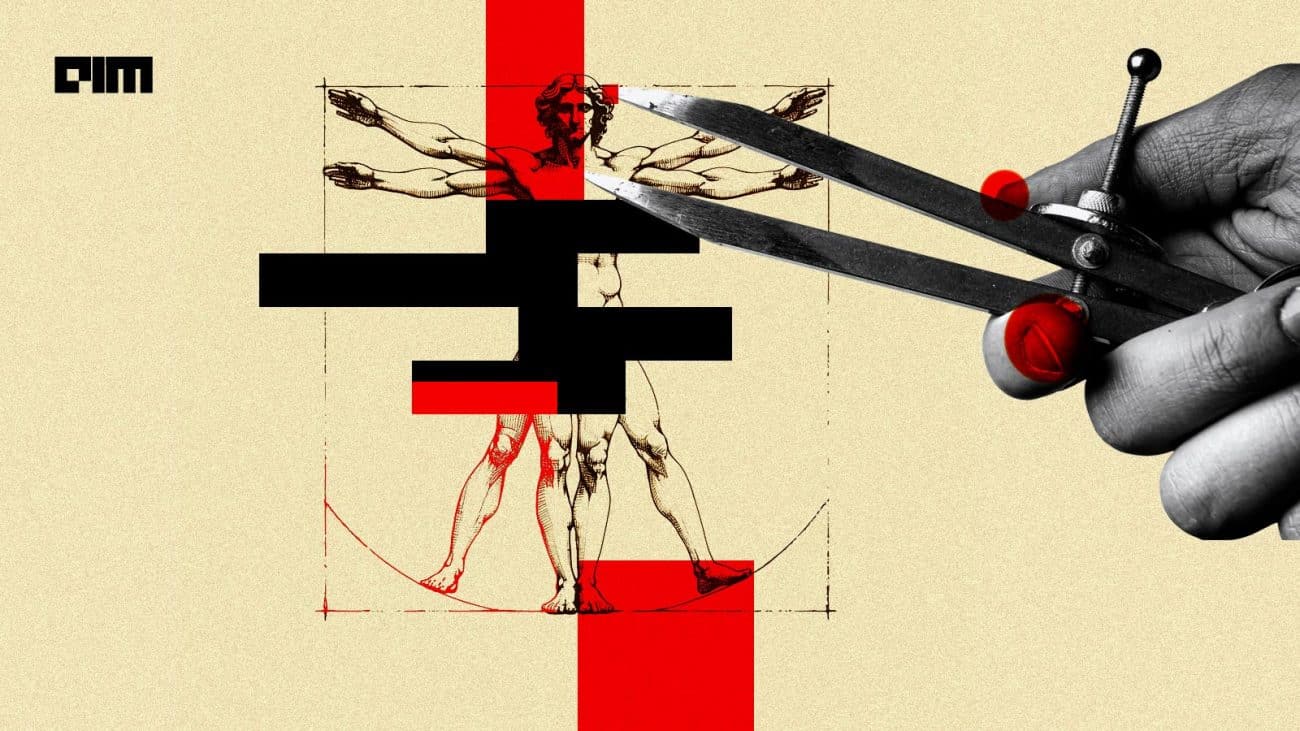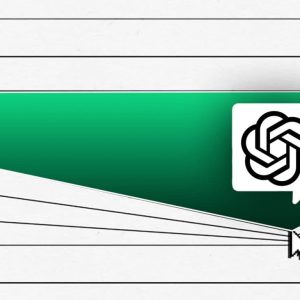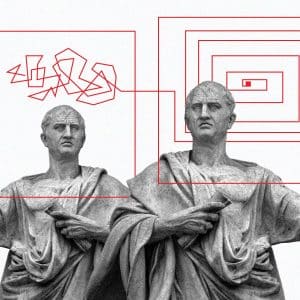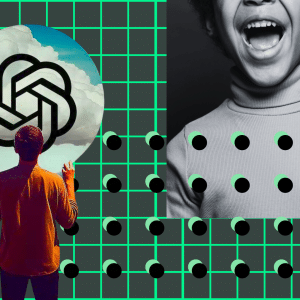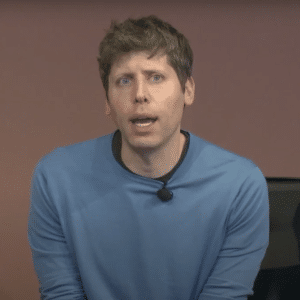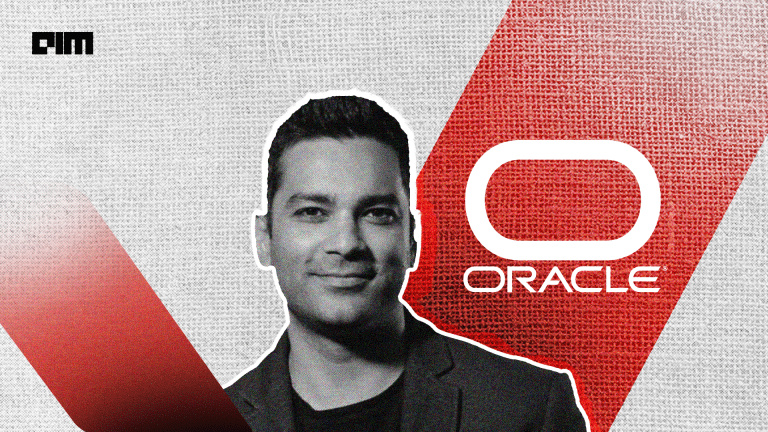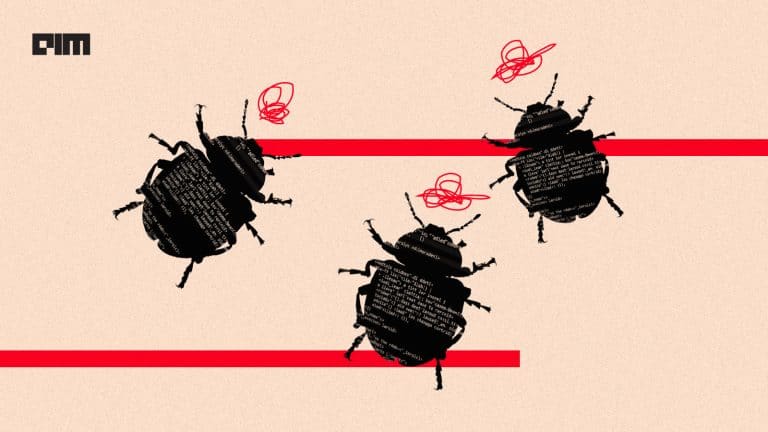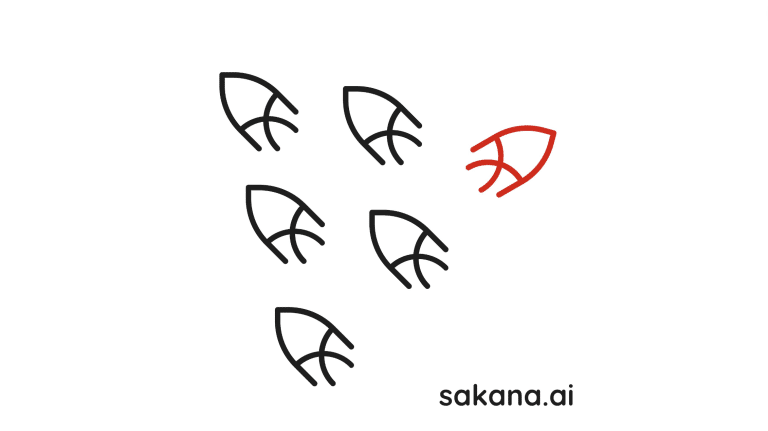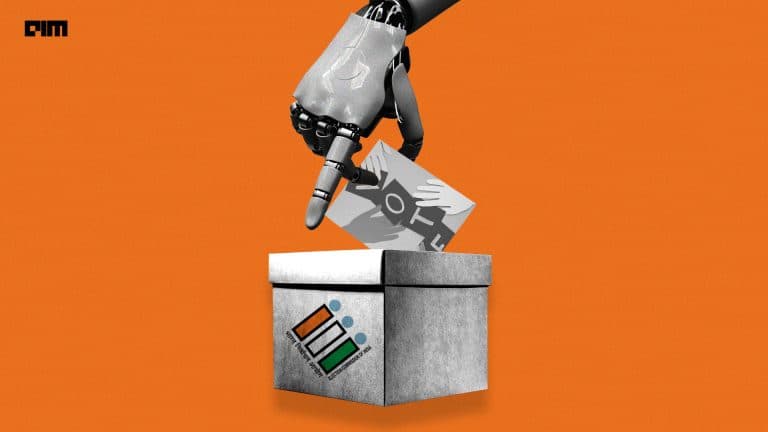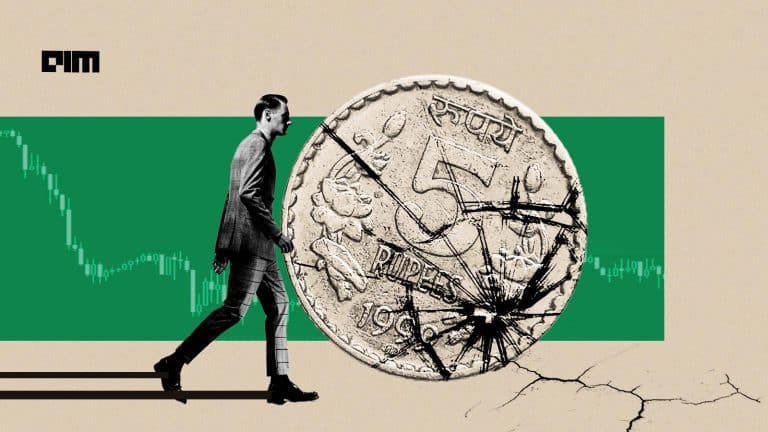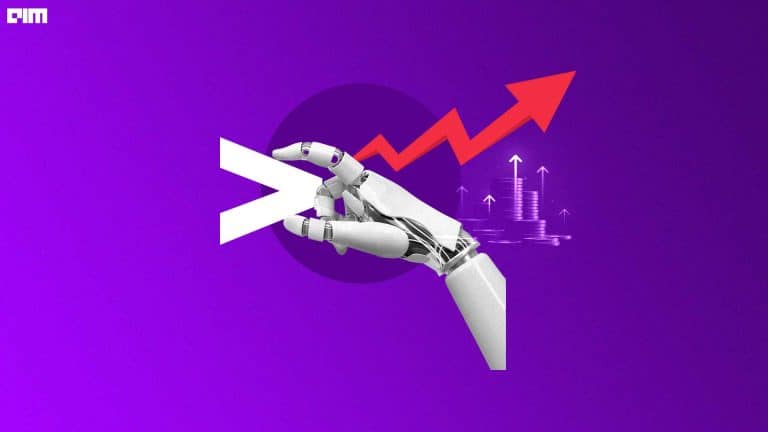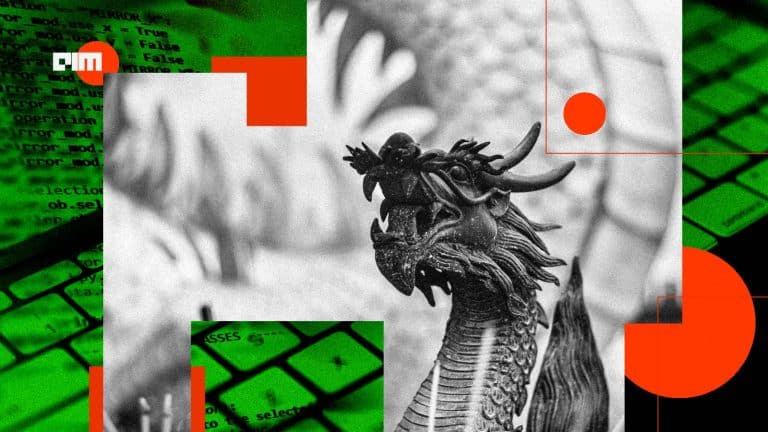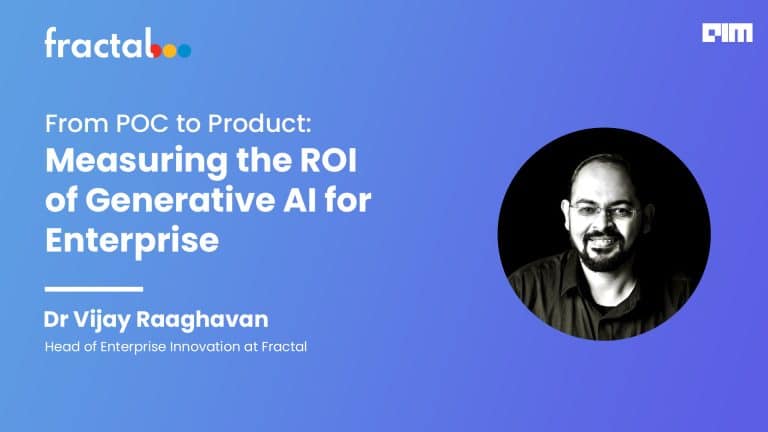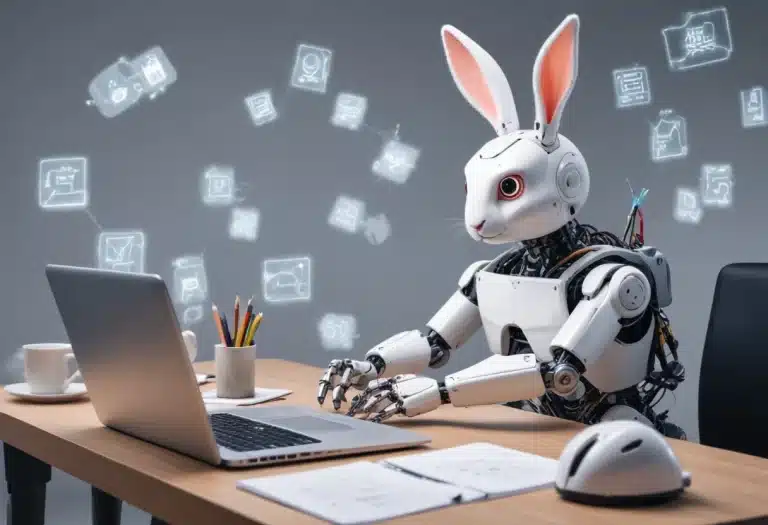AI-powered wearables, in the form of rings, pendants or pins, have become the latest tech trend. Take the Humane AI Pin or the once-celebrated ‘Friend’ pendant, which once created a buzz but has now fizzled out. These innovations largely stem from the West, where AI hardware development is a well-established norm. In India, while the enthusiasm for AI wearables remains somewhat subdued, there’s a budding interest that hints at future growth.
Bengaluru-based AI startup NeoSapien recently received funding from angel investor Namita Thapar from Shark Tank India. The startup, founded by cousins Dhananjay Yadav and Aryan Yadav, is building AI pendants that they call the ‘second brain’. These devices are designed to capture and process information from conversations and allow users to perform tasks like booking cabs, drafting emails and much more.
In an exclusive interview with AIM, Yadav said, “75% of the world’s data has been created in the last five years, yet our memory retention rate is only 2%.”
By capturing key moments, enhancing both professional and personal interactions, and even analysing emotional cues, NeoSapiens aims to help users regain self-awareness and make AI an intuitive part of everyday life.
Why Isn’t Hardware Built in India?
While the vision for NeoSapien is clear, the journey is far from straightforward. Dhananjay highlighted several challenges involved in building it, particularly when it comes to hardware development and adoption in India.
“Hardware is difficult because you need to be like a maniac,” he said, citing numerous hurdles that can arise, including hardware failures, software, and connectivity issues.
Highlighting investors’ scepticism, Dhananjay recalled a recent conversation where an investor bluntly told him they were doubtful because no innovative hardware startup had ever emerged from India.
Moreover, he noted that many Indian investors hesitate to back hardware companies due to a lack of confidence, as hardware is not built in India at the same scale as in other markets.
Moreover, Chinese brands are rapidly challenging Indian players in wearables, especially in audio devices and premium smartwatches. The brands are utilising their strong distribution across online and offline segments.
Meanwhile, Dhananjay also pointed out that hardware requires a significant upfront investment, making it a high-risk venture. “Any deep tech, consumer tech, or hardware company requires investment. That’s where you need working capital,” he explained.
He believes that addressing investor scepticism around Indian hardware startups requires government support, better funding mechanisms, and a shift in mindset.
Dhananjay also emphasised the need for tax incentives and funding initiatives that specifically support Indian hardware innovation, citing examples from industries like space tech and EVs. “Unless and until we don’t get it out of India, we are never going to be a deep tech or hardware-first country,” he said.
Another key solution, he believes, is creating Kickstarter-like platforms in India where consumers can support and pre-order innovative hardware products. “People in the US back products on Kickstarter. They are willing to test them out. But in India, we lack such platforms.” According to him, this cultural gap makes it harder for Indian hardware startups to gain early traction.
With hardware posing numerous challenges, building AI wearables is only going to get more difficult. The Humane AI Pin, built by former Apple executives, serves as a reminder that nothing is immune to failure. Despite these challenges, some Indian startups have ventured into building AI wearables.
Dhananjay remains optimistic that successful Indian hardware startups will gradually change investor perception, proving that original innovation can thrive in the country.
West Continues Building
Big tech companies continue to remain bullish in the wearable segment market. OpenAI recently filed a patent to develop smartwatches, jewellery and wearable cameras.
In a recent episode of All-In Podcast, investor and entrepreneur Naval Ravikant, known for his early-stage investments in Uber, Twitter, and other notable companies, said, “Now, I’m building a new product, and this time, I’m going into hardware. I’m just building something that I really want.”
Ravikant reveals that his interest stemmed from Elon Musk’s work. “The guy can be the Diablo player and do Doge and run SpaceX and Tesla and [The] Boring [Company] and Neuralink; I mean, it’s incredibly impressive,” he said.
Despite the challenges, startups like NeoSapien, inspired by global visionaries like Musk, are paving the way for AI wearables in India. With changing mindsets and increased support, India’s hardware innovation potential is on a positive track.


